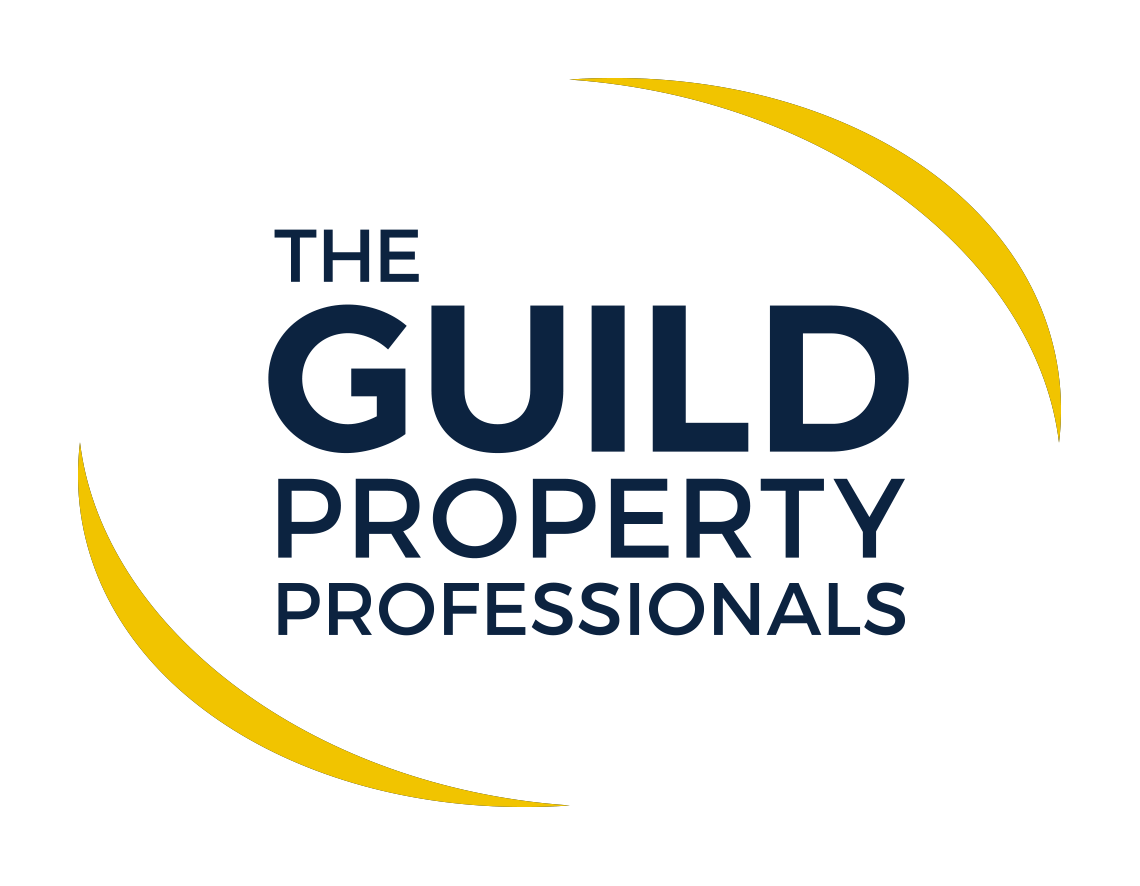One of the questions around material information is whether there is any Chancel Repair Liability on a property. It is a simple enough question, but it could have financial implications for homeowners in England and Wales, with them having to pay for the repairs to a church within their region.
Looking back into the history, Paul Offley, Compliance Officer at The Guild of Property Professionals, says that The Church of England owned a lot of land throughout the country. “The church would use the income generated from the land to contribute towards to the upkeep of the church and its grounds. Over the years much of the land was sold, however, the church had the option of applying a chancel repair liability on the land. The chancel is the easterly point of the church where you would normally find the altar. Essentially, if the church had some huge expense due to repair needed, such as a new roof, they would be able to approach the owners of the land that has a chancel repair liability on it and request funding,” he comments.
Offley adds that if the land is owned by one person, then it would be that one person who liable, however, if the land has been sold to a developer and there are multiple homes on the land, it would be split between them. “The liability is normally joint and several, meaning it is split between everyone on the development, however, if 49 out of 50 people are saying they won’t pay it, it would be up to the remaining person to fit the bill. They would then have to try and recover those expenses from the other 49 people,” he notes.
According to Offley, if a chancel repair liability has been placed on land it will carry on from one owner to the next. If there is a chancel repair liability on a piece of land, it will reflect as such in the title deed, so owners would be able to see this at Land Registry UK.
As mentioned, it is important for homeowners to know about because of the financial implications it could have. Offley notes that in around 2003, there was a case where a church required extensive repair on its roof, which was going to cost in the region of £100,000. “The local church did not have the budget or the funding to carry out the necessary repairs, so they evoked the chancel repair liability. There was one person living on the land and they decided they would not pay and fight it in court. The case went to the high court and was heard in the House of Lords, but everything went in favour of the church. The ruling was that the owners of the land were liable to pay the full cost of the repair of the church, in addition to that they had also attached a bill of around £200,000 in costs. The only way the homeowner was able to afford that, was by selling their property to release those funds,” he explains.
This case again highlights the importance of knowing whether there is a chancel repair liability attached to a property that is being sold. Even if the property is miles away from a church, it may have owned property in that area, so it not necessarily about proximity to a church.
Offley says that even if there is a chancel repair liability on a property, all is not lost because it is possible to get chancel repair insurance. This would offer homeowners some protection if they were ever asked to contribute to a chancel repair. “It is not very common these days for homeowners to be asked to contribute, but it is important to be aware of, so that they have the option to insure themselves if they choose to do so,” he concludes.

